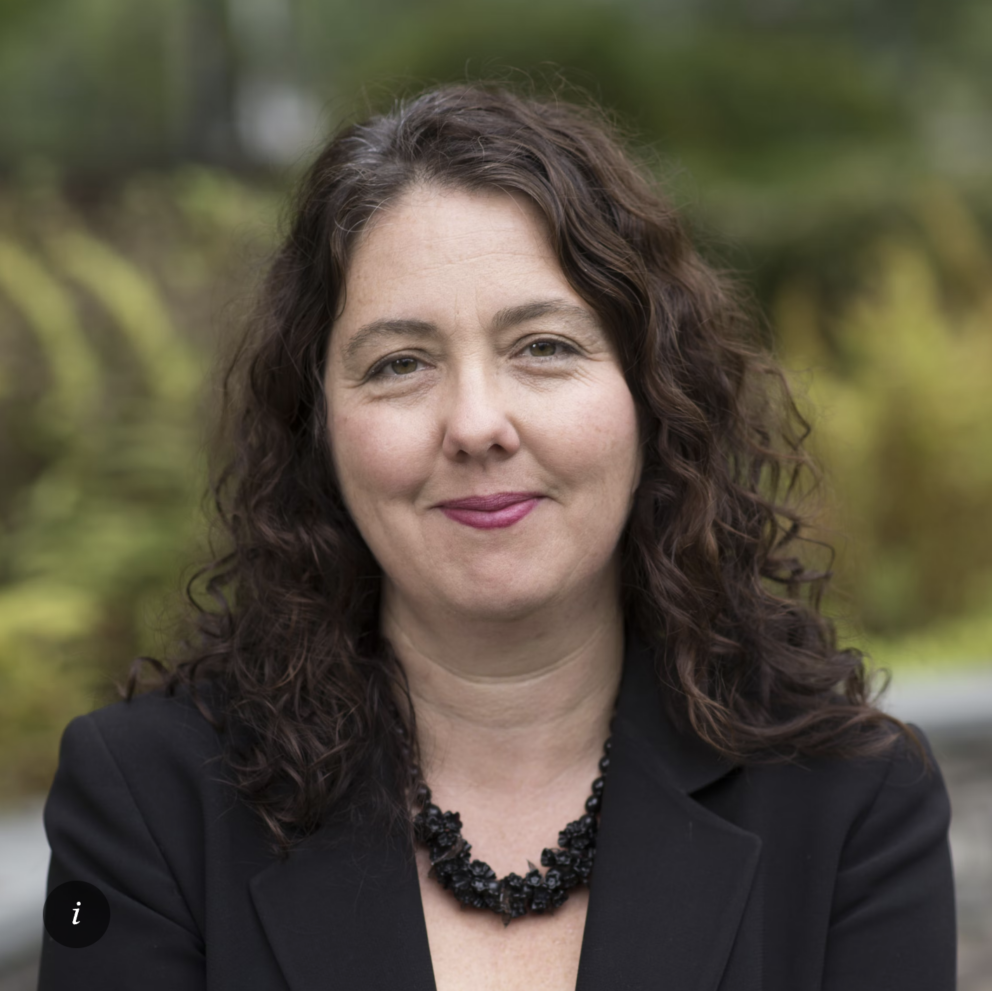Medicine as Sacrament: Spanish and Indigenous Catholic Responses to Epidemics in Sixteenth-Century Mexico
3335 Dwinelle
Jennifer Scheper Hughes, Professor of History at UC Riverside
Indigenous Catholics and Spanish missionaries in Mexico leveraged different strategies for responding to the catastrophic epidemics that decimated communities over the course of the sixteenth century. Spanish missionaries fashioned themselves as frontline nurses, imagining themselves as saviors of bodies and souls. Indigenous pueblos de Indios did not surrender their health or well-being to Spanish initiative, rather they leveraged colonial religious institutions to support a system of hospitals and clinics under their charter and control.
Jennifer Scheper Hughes is a historian of religion focusing on Latin American and Latinx religions with special consideration for the spiritual lives of Mexican and Mexican-American Catholics. She teaches courses on colonial Mexico, history of the church in Latin America, Christianity and colonialism, archival and ethnographic methods, and public history, among others.
Professor Hughes’ book, The Church of the Dead: The Epidemic of 1576 and the Birth of Christianity in the Americas (NYU 2021), considers a crisis in the church that resulted from a catastrophic epidemic that took two million lives. In the aftermath, Spanish missionaries and Indigenous Catholics articulated rival visions for the future of Christianity. Church of the Dead was named one of the top five books on religion for 2021 by Publisher’s Weekly. Professor Hughes’ first book, Biography of a Mexican Crucifix: Lived Religion and Local Faith from the Conquest to the Present (Oxford University Press, 2010), traces the history of a single, sculpted image of Jesus on the cross over five centuries to explore the affective bonds that join devotional communities to vital and agentic objects of material religion.
Her articles have been published in History of Religions, Material Religion: The Journal of Objects, Art and Belief, Nova Religio: A Journal of Alternative and Emergent Religions, Latin American Perspectives, the Journal of Latin American and Latinx Art and Visual Culture, and Religion and the Arts, among others. She is editor of The Routledge Handbook of Material Religion, now in preparation.
With colleagues at UCLA, UCSD, and UCSC, Professor Hughes received a $1 million grant in support of the Critical Mission Studies project which centers California Indian perspectives of the colonial missions and their aftermath.
Her research has been recognized and supported through grants and fellowships from the Radcliffe Institute for Advanced Study at Harvard University, the UC Office of the President/UC Humanities Research Institute, the Luce Foundation, the Mellon Foundation, the Cushwa Center for Catholic Studies at Notre Dame University, and the UCR Center for Ideas and Society.
Before coming to UCR, Professor Hughes worked for the Latino Health Institute (Boston, MA) as an advocate for homeless Latinos with HIV/AIDS, at the Trauma Center for Victims of Violence and Torture in Cape Town as a translator and advocate for Angolan refugees in South Africa, as a hospital chaplain for women suffering loss of their newborns, and with the Liberation Theology base community movement in Pernambuco, Brazil.
Presented by the Berkeley Center for the Study of Religion with generous support from the Henry Luce Foundation and co-sponsored by the Othering & Belonging Institute.
Recording availabe week of 12/5/2022

